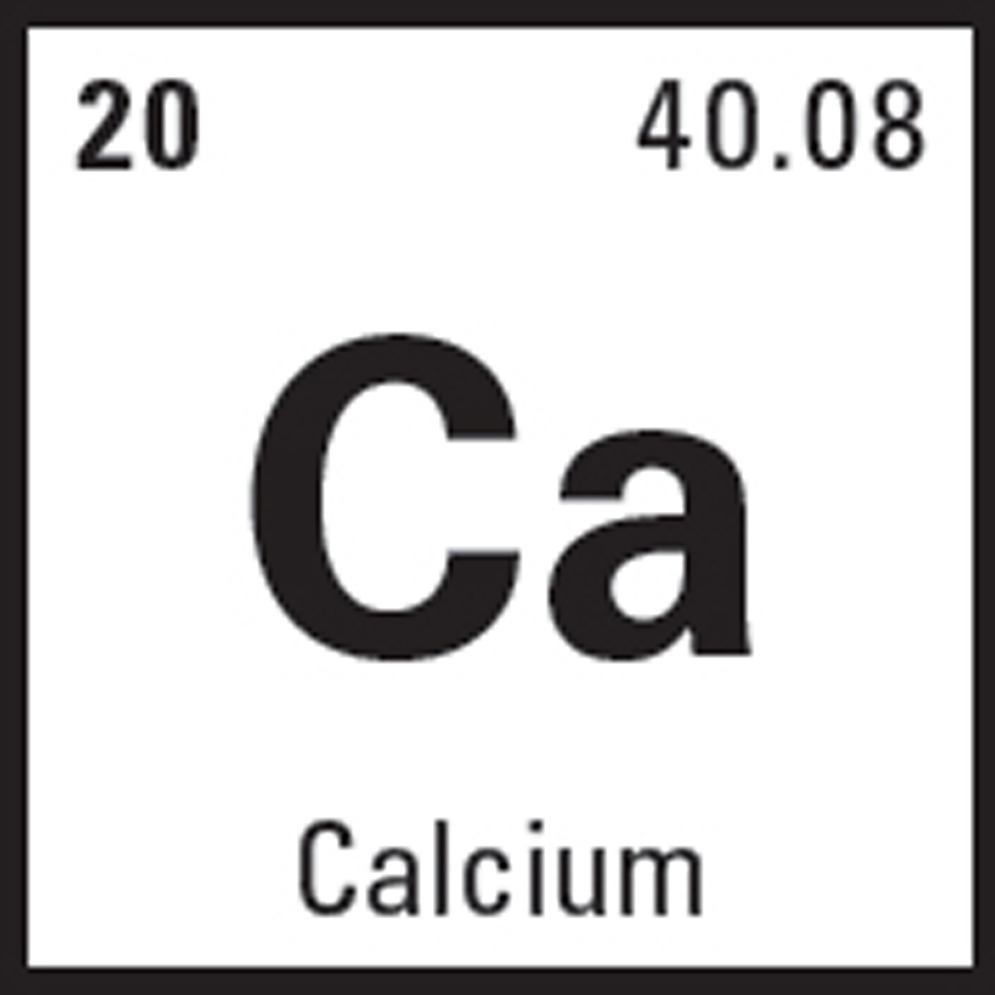

“Rest in peace” is a common expression in our heaven for thirteen-year-olds. It is all-purpose: it can mean “take care” or “see you later” or “all the best.” A townie has supper at the cafeteria, and before she heads off for an evening at the library, she says to her tablemates, “Rest in peace.” I do not know how long this practice has been going on, but I never use the expression. After all, we are not resting here in heaven and we are not, for the most part, more peaceful than we were in America. (Note that I do not say “up in heaven” and “down in America,” as many townies do. Who is to say which direction is which?)
“Rest in peace” is also an expression townies say when somebody repasses.
“Rest in peace, Willa Blake,” sadcons and do-gooders from the Deborah say as they gather around the flowerbed where the girl from the roof disappeared. They have just buried her pajamas in the flowerbed and planted a colorful pinwheel on the spot. Every so often, the pinwheel twirls, and even though there is a slight breeze today, a patient pipes up to say that Willa herself is making it move.
My companions and I stand off to the side with our bicycles. Thelma wants us to stay awhile to show our respect. Johnny tells us he had a sudden hunch that Willa would harm herself. “I raced back to the roof, but I got there too late,” he says.
The Deborah’s manager, a short boy named Albert Schmidt whose baby-fat cheeks make him look ten years old, wants to know what Willa Blake said on the rooftop. “Not that it makes much difference,” he admits. He tells us Willa had been talking about suicide for months.
“She talked about growing angel wings,” I say. “And finding a portal.”
The asylum manager shakes his head. “Oh dear,” he says. “Willa was a portal seeker. She thought the portal back to America was suicide. Angels who kill themselves in heaven, she said, fly back to America as ghosts.”
“How come you let her on the roof then?” Johnny says, irate. “Why didn’t you tie that crazy chick to her bed?”
Albert says Willa in fact did not have roof privileges, but the staff cannot keep track of patients every hour of the day.
“If I was you, honey, I’d keep Willa’s portal theory hush-hush,” Thelma tells Albert. “If word gets out, we might have other portal seekers leaping from rooftops.”
When the asylum manager leaves, Esther tells me suicide is rare in heaven. “Yeah, we have idiots, assh*les, and freaks up here, but nutcases who dive-bomb off buildings? No, they’re scarcer than a tube of toothpaste.”
It is hard to commit suicide in heaven. When a person falls from a rooftop, he usually does not die. Yes, he sustains major injuries—broken legs and ribs, concussions and the like—but he survives and eventually recovers in an infirmary. But sometimes all the king’s horses and all the king’s men (forgive me for being fanciful) cannot put a townie back together again. Poor Willa Blake probably died outright because she landed squarely on her head. Here in heaven, a dead person vanishes in the blink of an eye. Poof!
I wonder where the freckly girl is now. Is she finally dead for good? Or is she in another level of heaven with worse plumbing, uglier buildings, and lumpier gruel, cursing her bad luck because she is not back in America after all?
“I’m sorry, but Zig is supposed to cure severe sadcons before they get here,” Thelma says, looking befuddled. I have noticed that she apologizes whenever Zig does something embarrassing or uncaring, as if she is to blame for his blunders.
“If Zig is a Mr. Fix-It,” Johnny says, “he makes big freaking mistakes.” He is looking skyward, as though Zig is hovering overhead and watching the fine mess he made.
“What if Zig cured Gunboy?” I say. “What if Gunboy is no longer psycho? Maybe he’s now a normal boy who volunteers at a cafeteria, plays softball on his zone’s team, and hopes one day to serve as a do-gooder.”
Johnny glares at me. I stare back, and when I finally blink, he says, “You want to let him off the hook? Is that it? If you’re wimping out, just go back to the Frank and Joe, okay?”
He looks at Thelma and Esther and sees in their faces that they, too, must have asked themselves the same question. They have probably even discussed it in private.
“Screw you all,” Johnny spits. “I’ll find Gunboy myself, and I don’t care if he’s now an angel giving harp lessons to do-gooders, I’ll pound his head in with a brick.” He is shouting now: “You hear me?”
Mourners around Willa Blake’s gravesite throw us annoyed looks because we are being disrespectful. Two girls in plaid housecoats, who were wrapped in each other’s arms, stop their weeping and stare at us, aghast.
Johnny’s cheeks burn as he slips his knapsack on and mounts his bicycle. Thelma says, “Honey, let’s get some advice tonight at the meeting, okay? Let’s see what the gommers think we should do.”
Johnny does not reply. He pedals away furiously without a glance back. He almost collides with more of the Deborah’s sadcons who are coming to pay their respects.
I watch him speed down the street, pass a brick school, and converge with other cyclists out today, regular townies not on a quest to settle scores.
Thelma squeezes my arm and says, “Don’t worry, Oliver. Everything will be hunky-dory.”
Esther mutters, “Don’t bet your afterlife on it.”